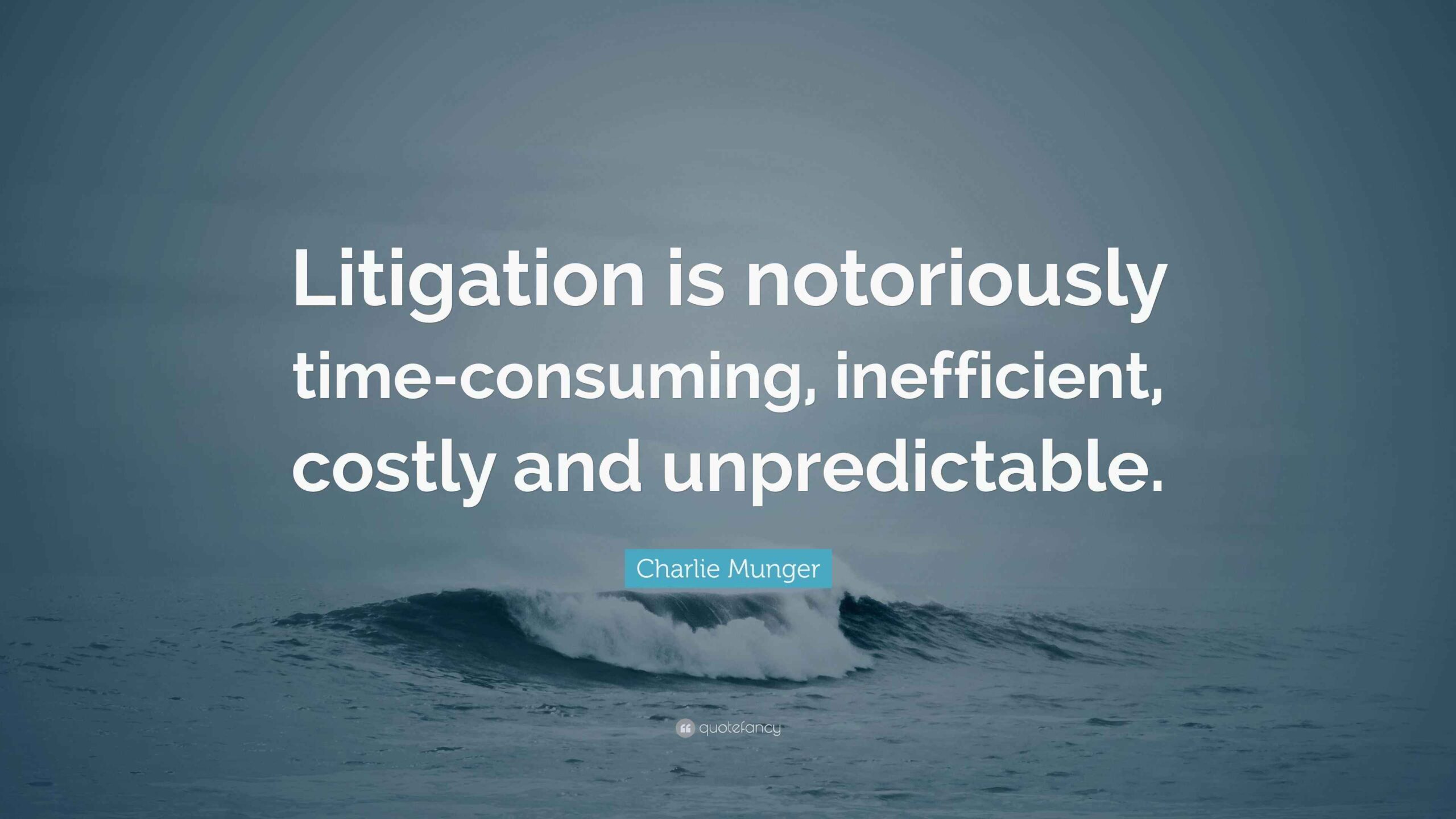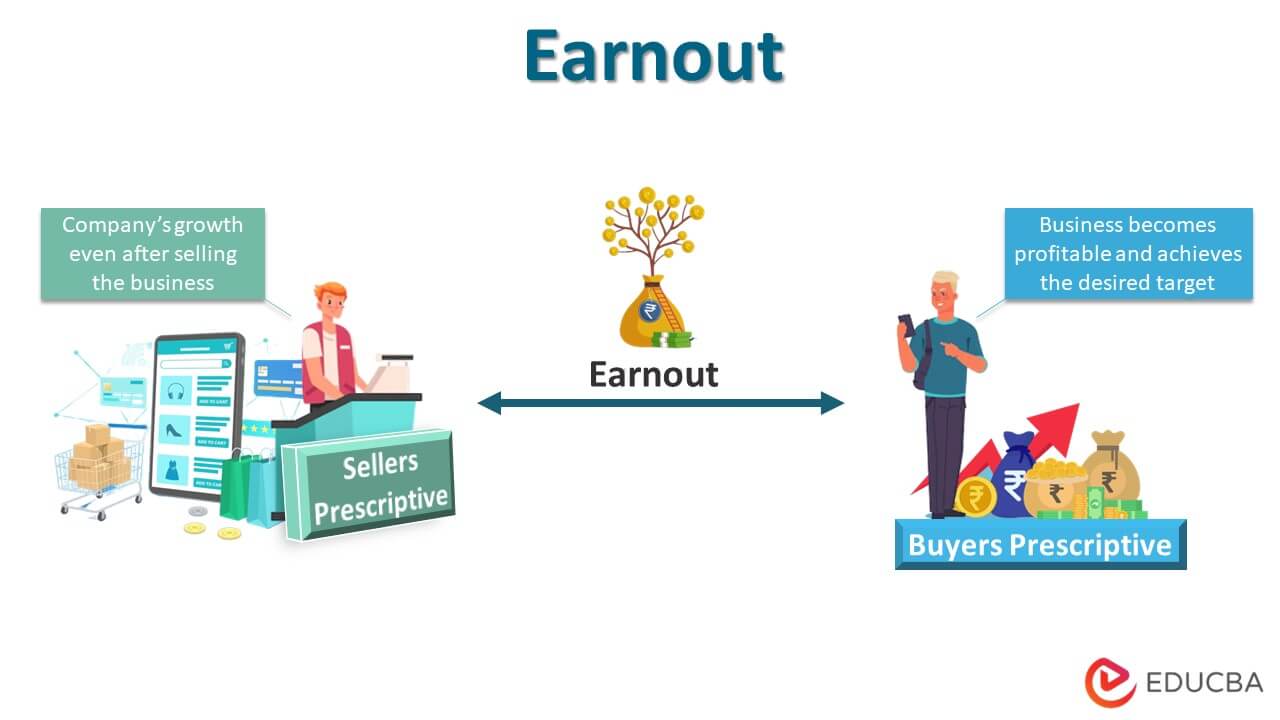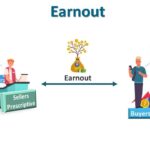Drafting effective carve-out or “bad boy” guaranties—especially in Illinois or similar jurisdictions—requires a careful balance between lender protection and guarantor fairness. Here are some nuanced tips to help you structure them strategically:
Start with precise definitions. Avoid vague terms like “waste” or “bad acts” unless they’re clearly defined. Courts have interpreted ambiguous carve-outs as triggers for full recourse—even when the parties didn’t intend that outcome. Use defined terms and cross-reference them consistently across the loan documents.
Use a “zero-based” approach. Begin with no carve-outs and add only those that are truly necessary. This forces both parties to justify each carve-out and prevents overreach. It’s especially useful in lifestyle-driven developments where flexibility is key.
Distinguish between loss liability and full loan liability. Not every breach should trigger full recourse. For example, misapplication of rents might justify loss liability, but a technical SPE covenant breach (like using the wrong letterhead) shouldn’t expose the guarantor to the entire loan balance.
Include notice and cure rights. Guarantors should have an opportunity to fix breaches before liability attaches. This is particularly important for non-egregious violations, such as failure to maintain insurance or pay taxes.
Limit exposure to acts within the guarantor’s control. If the carve-out includes actions by affiliates, agents, or passive investors, make sure the guarantor has actual authority or oversight. Otherwise, you risk triggering liability for conduct they couldn’t prevent.
Negotiate exit rights. In some cases, guarantors can negotiate a mechanism to “buy out” their exposure or terminate the guaranty after a certain milestone—such as completion of construction or stabilization of cash flow.
Finally, document the carve-outs in the commitment letter, not just the final loan agreement. This ensures early alignment and avoids surprises during closing.
Our next post will address how to enforce these guaranties. I am sure you cannot wait.
David Seidman is the principal and founder of Seidman Law Group, LLC. He serves as outside general counsel for companies, which requires him to consider a diverse range of corporate, dispute resolution and avoidance, contract drafting and negotiation, and other issues. In particular, he has a significant amount of experience in hospitality law by representing third party management companies, owners, and developers.
He can be reached at david@seidmanlawgroup.com or 312-399-7390.
This blog post is not legal advice. Please consult an experienced attorney to assist with your legal issues.
Photo Credit: Bad Boy














